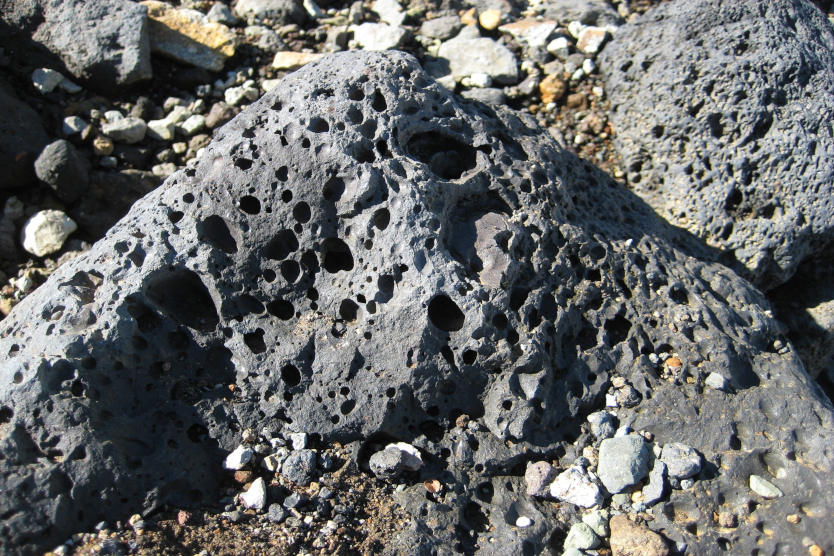
In the German and French upper Rhine region, lithium is found in abundance in salty, subterranean reservoirs.
© Pixabay
Lithium is also known as “white gold” because it is an essential element in the production of the batteries used in electromobility, energy storage and portable electronics. Most of it is mined far away from Germany in countries such as Chile, Argentina and Australia, but this could be about to change.
Scientists from the Karlsruhe Institute of Technology (KIT) have patented a cost-effective technology for extracting the element at geothermal energy plants. In the German and French upper Rhine region, lithium is found in abundance in salty, subterranean reservoirs. “According to our findings, it can be up to 200 milligrams per litre,” says Dr Jens Grimmer from the Institute of Applied Geosciences (AGW) at KIT in a press release. “If we consistently use this potential, we could cover a considerable part of our demand in Germany.”
Dr Grimmer explains the process he developed with KIT colleagues: “In a first step, the lithium ions are filtered out of the thermal water and in a second step they are further concentrated until lithium can be precipitated as salt.” Their technique has a number of environmental advantages over traditional extraction: it is non-invasive and uses the existing infrastructure of geothermal plants, the element can be continuously extracted there (unlike many conventional extraction techniques), and the water is returned to the ground after use and no harmful substances are released. Furthermore, other valuable elements such as rubidium and caesium can be obtained.
The KIT team are working with industry partners to build a prototype plant capable of extracting several kilogrammes of lithium carbonate or lithium hydroxide per litre. If successful, a bigger plant is planned which could produce thousands of tonnes per year.


